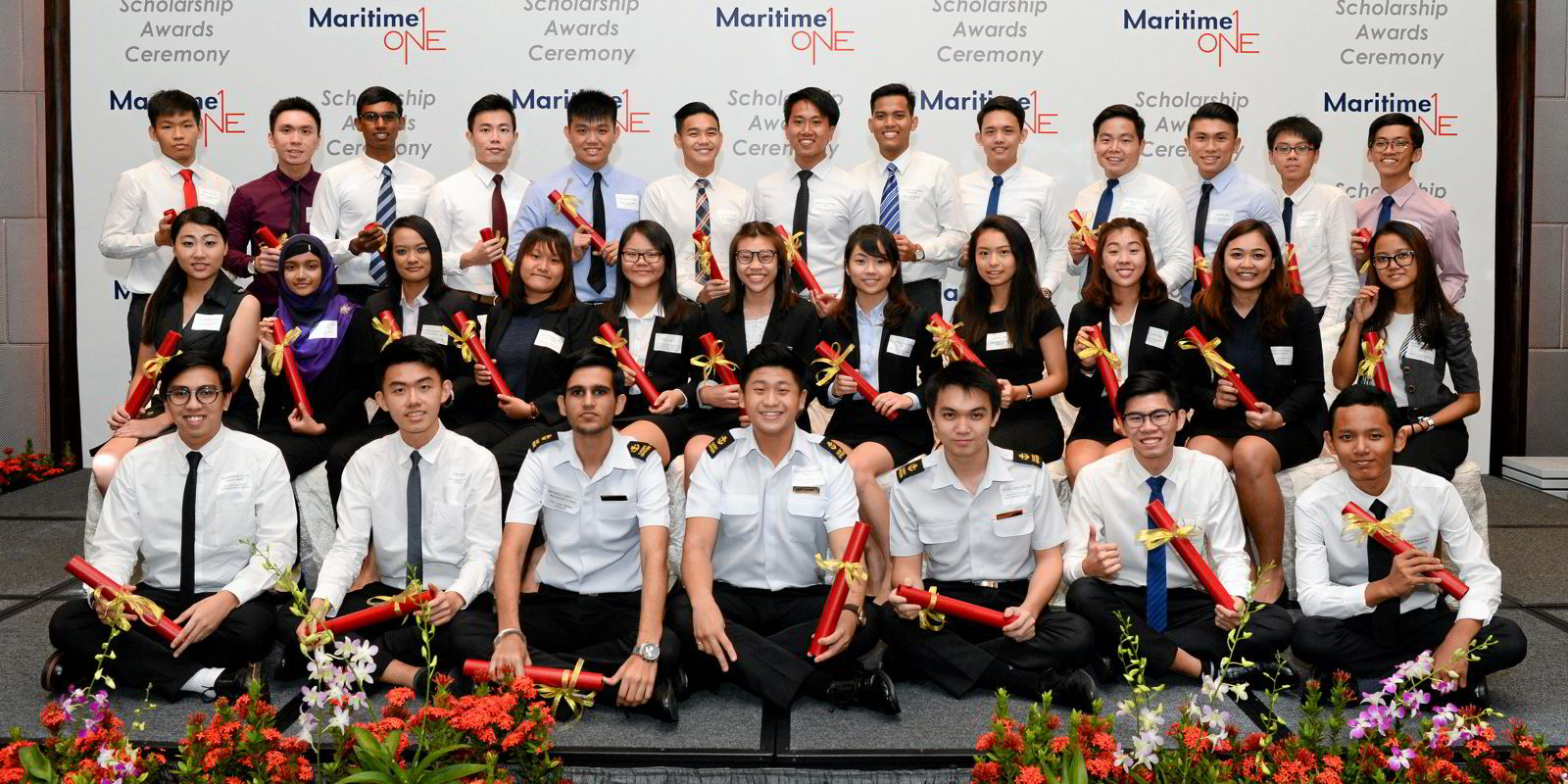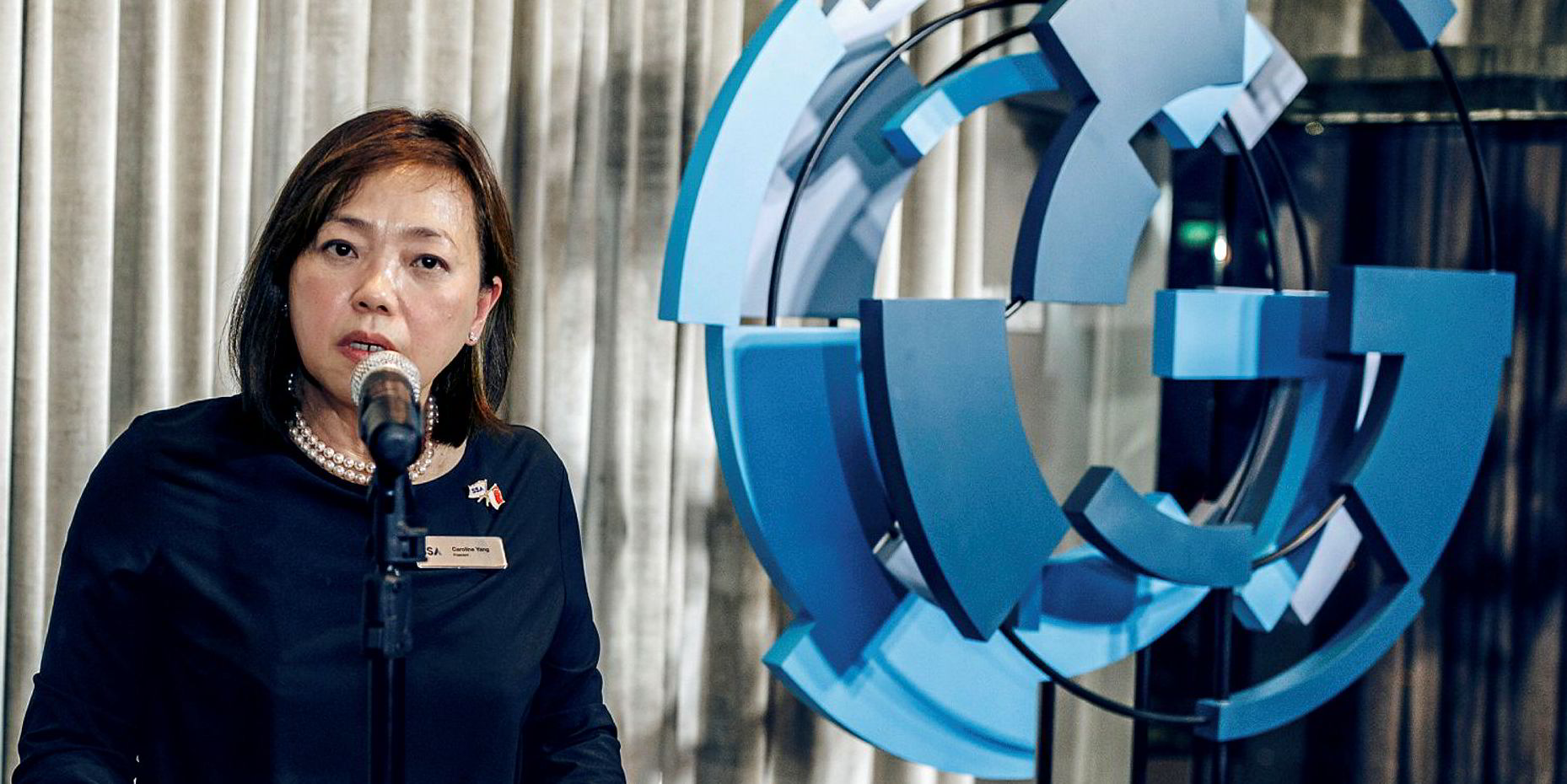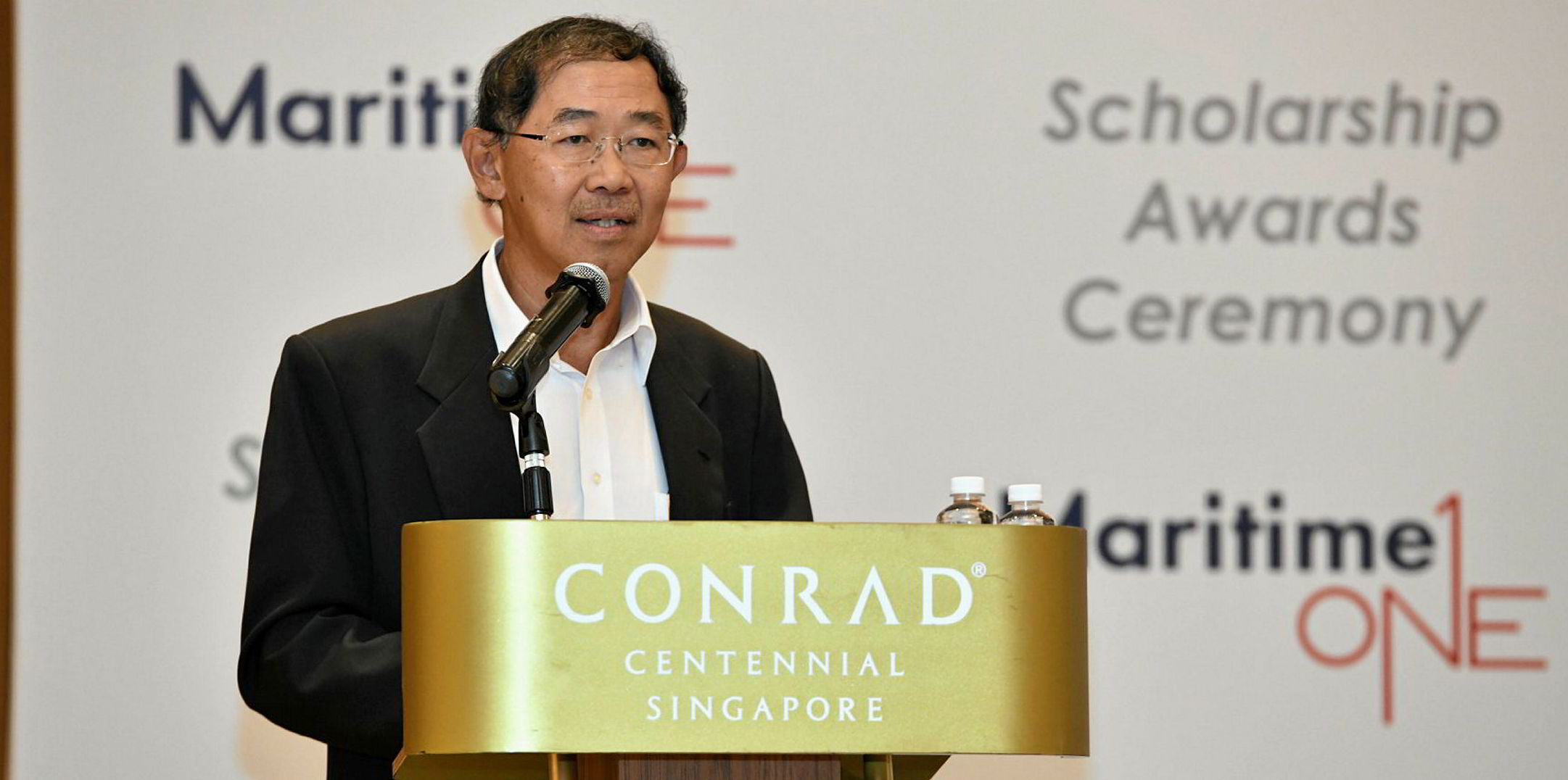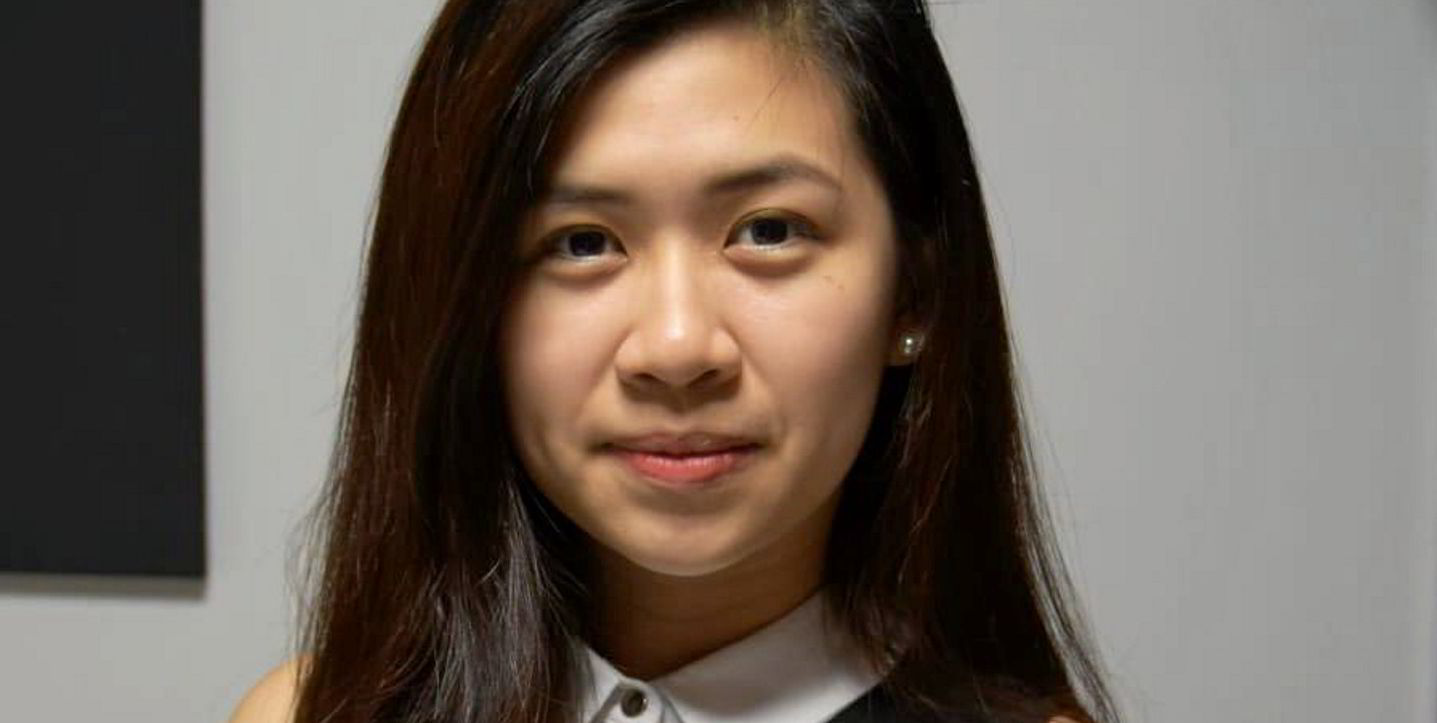Four young Singaporeans from diverse backgrounds tell TradeWinds they have one thing in common — they will all play a vital role in the country’s future maritime workforce.
All have won places on Singapore’s MaritimeONE scholarship programme, which was launched in April 2007 to provide a sustainable and diverse talent pipeline deemed vital to maintaining the country’s status as a global maritime centre.
Two of the rising stars, Lynn Quek and Aloysius Tay, were awarded scholarships in 2016 and have started their maritime careers, while the other pair, Liu Xiaowen and Saranya JS, won their scholarships this year.
Study choices include 28 maritime and non-maritime degrees at local and overseas universities, and six maritime and engineering diplomas provided by two Singaporean institutes.
But it is the chance to attend exclusive industry events, take part in overseas exchange programmes and experience life on board vessels that is key to the scheme’s success.
“The networking events allow you to interact directly with industry leaders and learn what they know,” Quek said. “Meeting them at events also gives you confidence when you go into interviews.”
Liu, a second-year information systems student at the National University of Singapore, said meeting such executives broadened her perspective.
“It is a unique opportunity to make new friends from a lot of disciplines,” she said. “I come from an information systems faculty, but I have been able to interact with people from engineering and maritime studies.”
Tay said affiliated initiatives such as Maritime Singapore Connect helped chart the paths to different sectors and the courses that are available.
Saranya JS, who will study as a deck officer, said the opportunity for a two-year internship as a lecturer at Singapore Polytechnic sold her on the programme.
“I didn’t have much maritime experience coming in,” she said. “MaritimeONE has taught me a lot of things and broadened my horizons. I got to speak with older scholars who told me their experiences. It has been very useful.”
Female students won 23 of the 40 scholarships awarded this year, the highest number to date. This is in part due to a proactive approach by organisers to raise awareness of the industry across both genders in the younger generation and unlock new opportunities for prospective entrants.
Quek, who has been working in the industry for three years, believes shipping can no longer be considered male-dominated — in Singapore at least.
“Whatever the industry and the various government bodies are doing to attract women into shipping, they’re doing a great job,” she said. “They are sending a strong message that women are welcome to join.”
However, Quek warned that it is still very dependent on the sector and companies, singling out technical departments for being behind the curve on inclusivity.
“This is probably due to the expertise required,” she said. “It will change as women play a larger role on the technical front.”
Tay, who works in marine engineering, agreed. He noted that there were also few women working in the project-management departments at shipyards.
“I think there is some room for improvement,” he said.
When Liu revealed her intention to join the industry, her friends and peers raised concerns that shipping is male-dominated and labour-intensive.
“It really is a misconception,” she said. “It is more than just people moving things around a port. All the technology and digital advances taking place show it is not just a traditional industry.”
On-board jobs are still very male-dominated, according to Saranya — and that is something she wants to help address.
“There are not many female ratings and cadets. I would like to break that norm.”
Saranya expected some pushback from her family over her chosen profession, but found their response was quite the opposite.
“My friends and family were supportive. It was the people in my course who questioned why I wanted to become a deck officer.”
She hopes that that attitude will change as more women choose seagoing careers.
The scheme is backed by the Maritime and Port Authority of Singapore, Singapore Maritime Foundation, Association of Singapore Marine Industries and Singapore Shipping Association.








